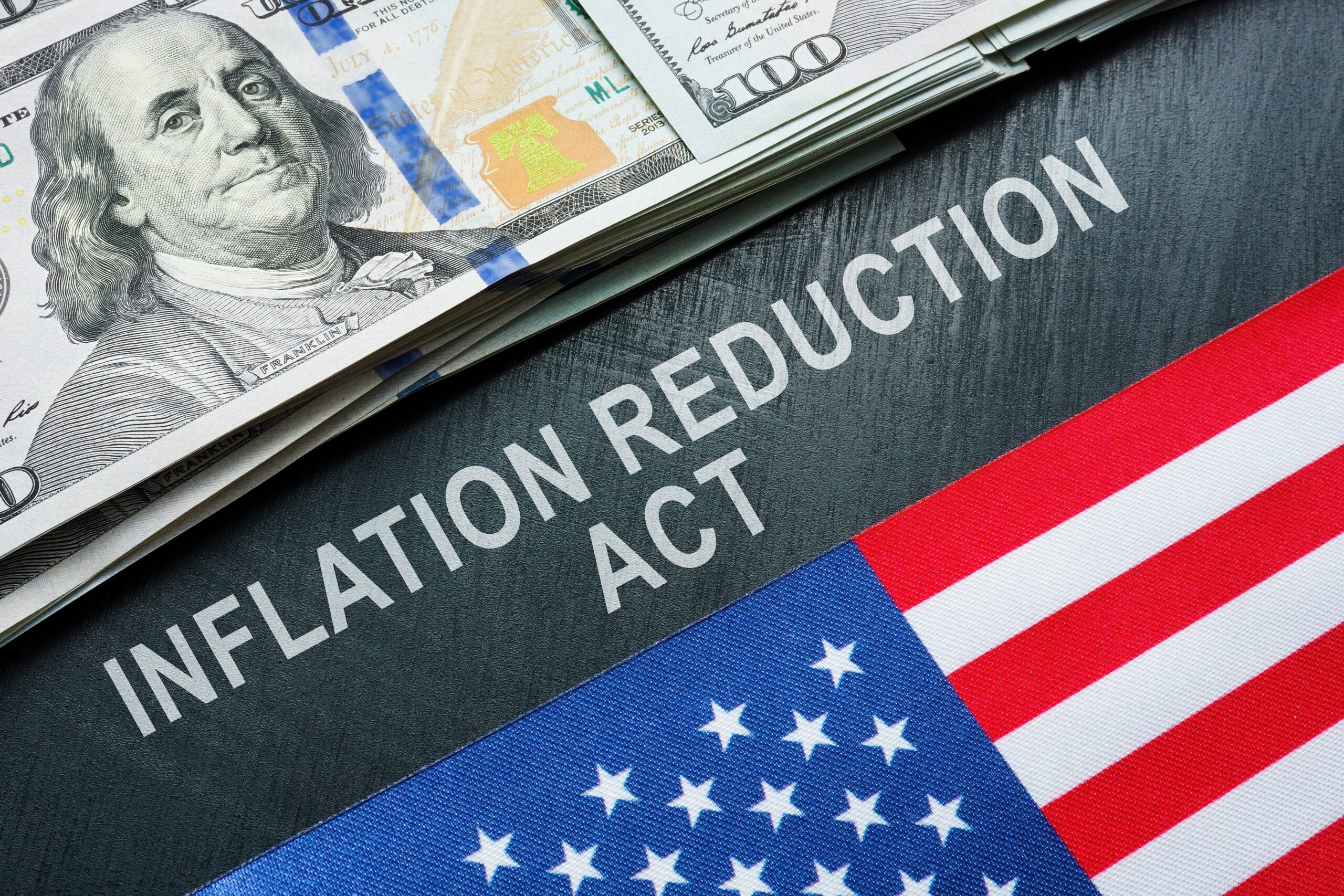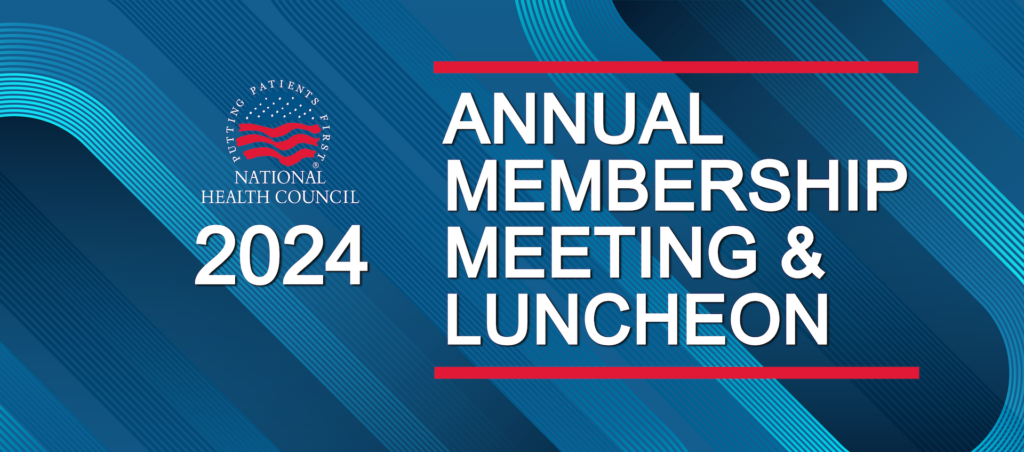

Inflation Reduction Act Update
By: Allen Pinn, Coordinator, Policy
The Inflation Reduction Act (IRA) was signed into law on August 16, 2022, and has garnered mass attention from the health care community. As implementation of the law unfolds, the National Health Council (NHC) will routinely publish policy updates.
Below is a summary of significant IRA elements pertaining to health care and the patient community enacted and future provisions.
Out-of-Pocket Cap and Medicare Prescription Payment Plan (Smoothing)
The IRA makes several changes to the Medicare Part D prescription drug program that help patients afford their drugs. Starting in 2025 there will be a cap on out-of-pocket costs set at $2,000 a year. This will result in predictable and limited costs for patients.
In addition, beginning in 2025, Medicare enrollees with a Medicare Part D prescription drug plan will also be eligible to enroll in monthly payment plans. This is designed to lessen the burden of out-of-pocket costs enrollees may accrue and help them budget their expenses. This program is called the Medicare Prescription Payment Plan and will only be applied to out-of-pocket costs for prescription drugs, not premiums.
Implementing these changes to Part D payments is technically complex and will involve significant outreach to Medicare patients to help them understand the changes. The NHC and other patient groups are working to help CMS create programs that will be successful. CMS has issued draft guidance and final guidance on how the program will be administered and the NHC has provided comments at each stage to help shape the work CMS will be doing.
Medicare Drug Price Negotiation Program
The rising costs of prescription drugs has consistently been an area of concern for patients and for the financial health of Medicare. The IRA created a negotiation system for Medicare called the Medicare Prescription Drug Program (MDPNP) to manage the cost of prescription drugs to the Medicare system. In August 2024, the Centers for Medicare and Medicaid Services (CMS) released its list of the first 10 drugs to be negotiated through the MDPNP, with negotiated prices going into effect in 2026. The announcement of the first 10 negotiated drugs was followed by 10 virtual listening sessions held by CMS, where patients, providers, and other stakeholders could share their lived experiences with the medications. In 2024, negotiations officially began between CMS and the 10 chosen drug manufacturers, the finalized maximum fair price will be made public September 1, 2024.
In January 2024, the NHC held a Roundtable discussion for members of the patient community to chart a course on enhancing opportunities for patient input at the Centers for Medicare and Medicaid Services (CMS). The discussion focused on CMS’ 2023 listening sessions during the agency’s implementation of the first round of negotiations for the Medicare Drug Price Negotiation Program (MDPNP). The Roundtable identified lessons learned that can be used to inform future listening sessions and CMS’ broader patient engagement strategies. The recommendations from the Roundtable were released in March and transmitted to CMS as well as HNC members, Roundtable participants, and Congressional staff.
Part D Low Income Subsidy (LIS) Program Expansion
Aimed at helping Medicare enrollees to pay for prescription drugs, the LIS will be expanded. Prior to the enactment of the IRA, Medicare recipients who qualified for LIS received partial benefits if their incomes were between 135% and 150% of the poverty line. Today, any recipient that qualifies for LIS will receive full benefits. These benefits include: no deductibles, no premiums, and $11.20 cap on all brand name drugs covered under LIS ($4.50 for generics drugs). LIS participants will also no longer face a penalty for enrolling in Part D late.
Conclusion
As health care elements of the IRA are implemented, the NHC will be continuing its work with CMS to implement the law. The NHC aims to ensure that patients’ perspectives are made integral to all major aspects of the legislation, especially those pertaining to the out-of-pocket cap and the Medicare Prescription Payment Program.


